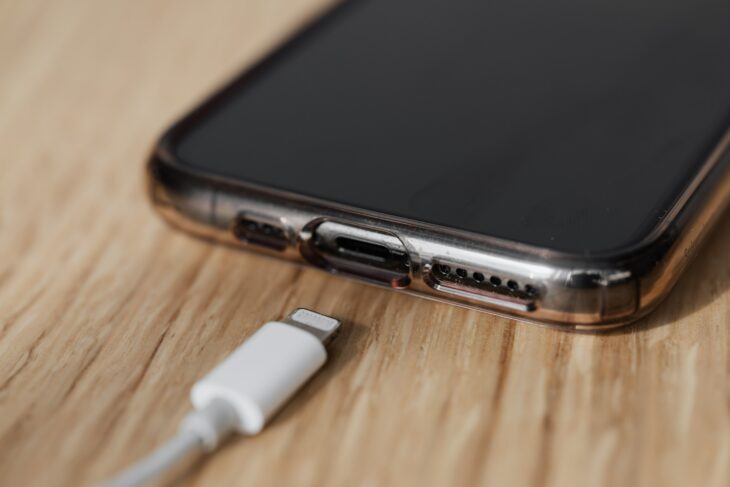Podcast: Play in new window | Embed
Tech News and Commentary
Dave and the team discuss big brands boycotting Facebook and their new rules, TikTok’s new target, chargerless iPhones, and more.
Barry in Windsor, Ontario listens on AM800 CKLW and asked: “I’ve got a PC that’s about 7 years old, and I have Apple tablets. I’m trying to debate if I should go with a new Apple tablet and do away with the PC, or get a new PC and stick with the stuff I have. Not totally sure which way to go.”
Barry, how do you find your current tablets cover your use cases? That’s really what’s going to determine the best course of action for you.
Computers have been reverting to work gear for a while, most people can handle what they need to do with a phone or a tablet the vast majority of the time, so as much as tablets may not be capable of covering every use case a computer can, they may very well be enough for you.
Just be prepared to take a trip to the public library and borrow a computer if one day you find something your tablet can’t do.
Having said that, streaming, social media, email, general web browsing, basic documents, all of those are covered by tablets.
If you’re building more complex documents or using heavier duty software, you may still want a PC.
One thing to note in your case is that your PC still exists, so if you do replace it with a new tablet you can still keep it around in case you run into a rare task your tablet cannot handle and use it for that.
It really depends on what you do with your computer, but replacing a PC with a tablet is less difficult and unrealistic now than it’s ever been.
Joel in Raleigh, North Carolina listens on NewsRadio 680 WPTF and asked: “I have a question about the blockchain technology and “gaps.” I keep seeing that term and I’m wondering what they are and what makes “decentralized apps” I guess. But what does that mean and how are they different from the apps we use today?”
Joel, the gaps you’re talking about are probably “gap limits” which are part of the BIP44 specification but can be a little bit of a problem for some users of digital wallets.
The short version is that after a certain number of unused addresses in a row it is assumed that there are no more unused addresses beyond that point. The most common problem with that is with backups that can lose digital currencies if there’s a number of unused addresses followed by used addresses. It’s a little bit convoluted, but it’s something that exists by design, it’s not really an unintended bug.
As for what a decentralized app is, if we stick to currencies to explain it then it would work like this: your bank stores your money and you can use a website or application to use that money to pay your bills. In a decentralized system like Bitcoin, Ethereum, Litecoin, and so forth, there’s no bank. The money exists and it can be used, but it’s not stored in a central computer or computer system, but distributed in a way that makes it accessible directly to the nodes.
That kind of system frees you from the control of a single endpoint, which is why digital currencies are worrying to governments which have a hard time tracking illegally obtained money and taxable income.
 When you participate on the show – anytime 24/7 – and we HEAR you with any consumer tech question, comment, help for another listener, tech rage or just share your favorite App these days … you could win prizes.
When you participate on the show – anytime 24/7 – and we HEAR you with any consumer tech question, comment, help for another listener, tech rage or just share your favorite App these days … you could win prizes.
The 2020 COOL “Into Tomorrow” HOT Summer Giveaway:
The 2020 COOL “Into Tomorrow” HOT Summer Giveaway: Call anytime, 24/7 – 800-899-INTO (4686) Or use the “Message to Studio” option on the FREE Into Tomorrow App!
All CALLERS — using the AUDIO option on our Free App or 1-800-899-INTO(4686) – automatically qualify to win prizes.
Audio archived for at least 6 months



